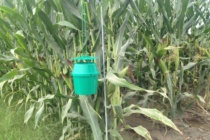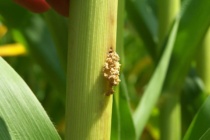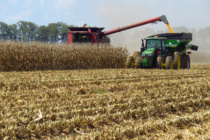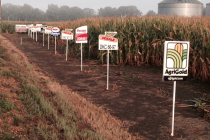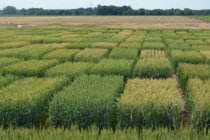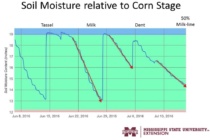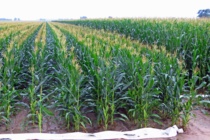Can I roll the Poly Pipe up on my Corn?
As the corn crop nears maturity, knowing when you can safely terminate irrigation timing, while optimizing yield potential is likely the most important decision you will face. In order to make this call, you need to estimate when the crop will reach maturity and how much moisture is present in your soil. This article outlines the steps needed to help make this process accurate and reliable.

